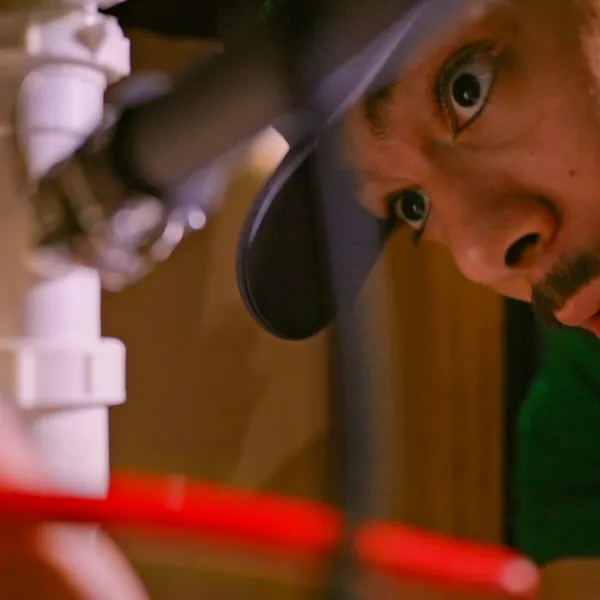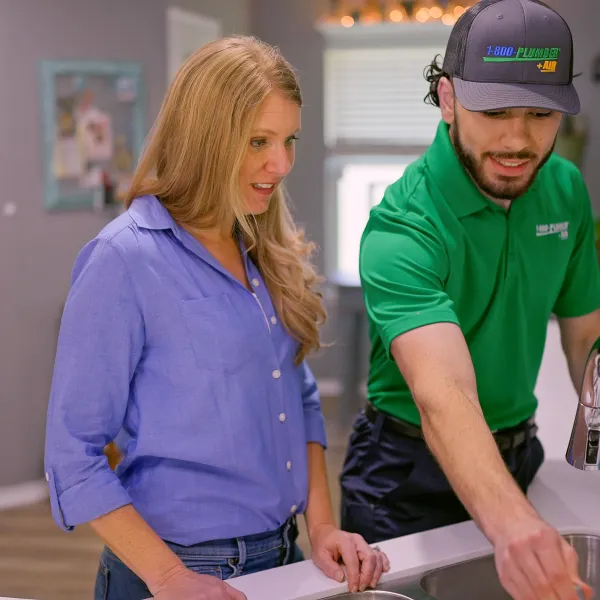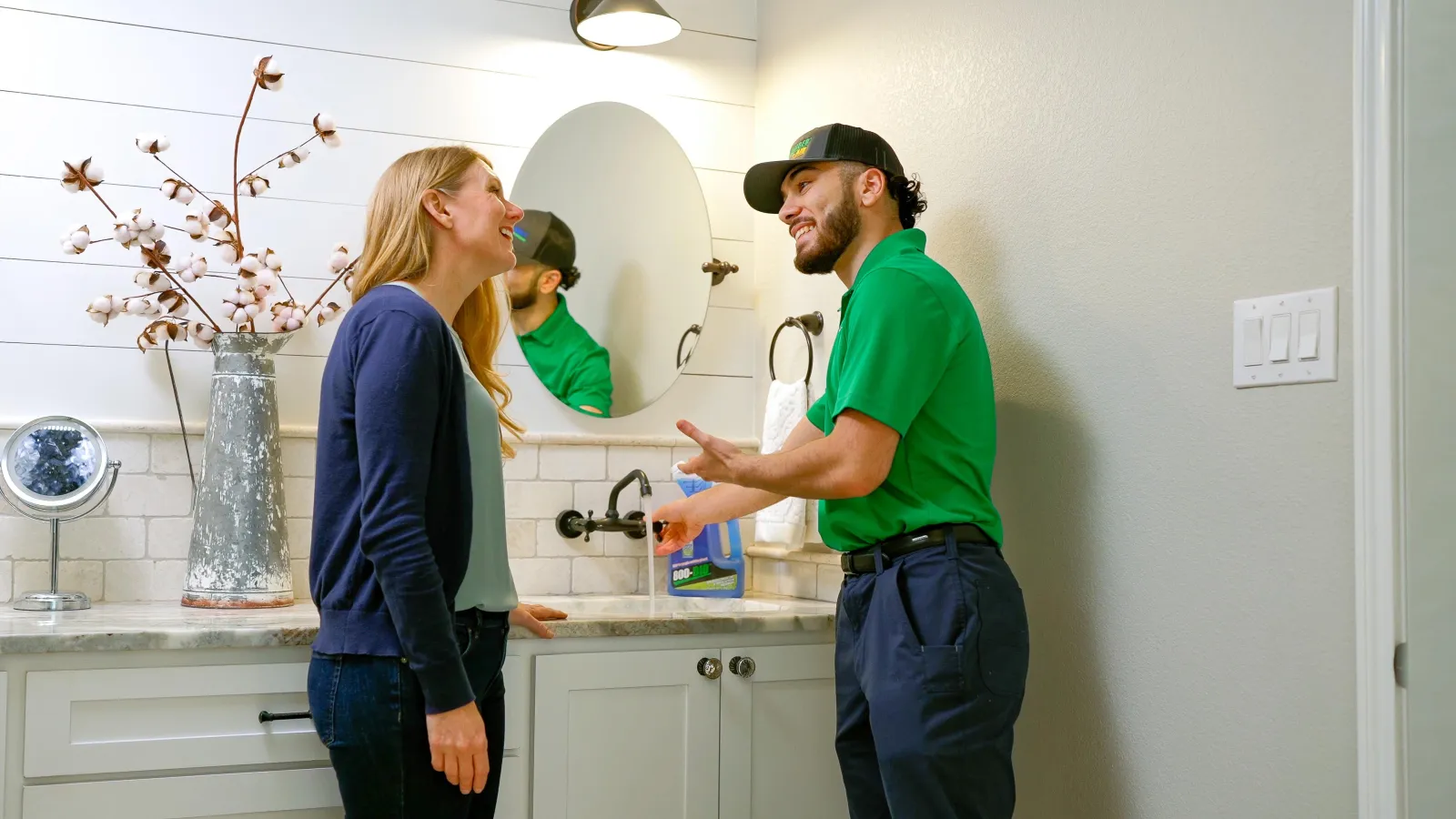Frozen pipes can pose a serious danger to you and your family. If you suspect that pipes have been frozen, there are some steps you can take while waiting for 1-800-Plumber +Air of New Braunfels to help you deal with the situation.
Determine Where Frozen Pipes Are Located
The first step to resolving the problem is to locate which pipes are frozen. If you turned on your faucets and no water came out, the pipes might be causing the problem. Frozen pipes have a rippling effect so you need to resolve the issue immediately before the problem gets worse.
If you have exposed pipes, it will be easier for you to spot the frozen portion of the pipes. One obvious sign of a frozen pipe is when it has a slight bulge. Thawing the pipe might be easy if it is located under the sink or the basement, but doing the steps yourself isn't recommended. Contact us to prevent a burst pipe and get the water flowing.
Open Your Faucet
When you thaw a frozen pipe, it is important that you keep the faucet open. You should open both hot and cold handles to relieve system pressure. This technique allows water to escape once you start to thaw the pipe, but this step is only a temporary solution. As much as possible, you should call a licensed plumber right away to easily identify the problem.
Hair dryer Doesn't Always Work
In most cases, using a hairdryer to thaw frozen pipes does the trick, but it isn't always effective. The root cause of the problem might be more serious than you realize. Don't use a hairdryer to prevent pipes from bursting. Calling a professional to fix the problem is the best way to go.
Clean Up Water
Once you discover that one of your pipes is frozen, consider removing water right away to prevent mold and mildew buildup. For this process, you'll need buckets, towels, vacuum, and mops. Do this while waiting for a plumber to address the problem. This step prevents severe water damage, so do it as soon as you can.
Avoid Boiling Water
Frozen pipes can burst when left unrepaired. If you were unable to locate the frozen pipe in the exterior of your house, call 1-800-Plumber +Air of New Braunfels to handle it. Avoid pouring boiling water into the pipes because if the ice thaws too quickly, the pipes will burst due to the sudden change between cold and hot water.
Burst Pipe Causes
Pipes burst more often than you know. It is one of the common plumbing problems that homeowners are facing. It's not only during winter that you should worry about burst pipes because it can happen anytime. Water supply pipes are designed to handle a considerable amount of pressure. Burst pipes shouldn't be ignored because they can cause significant structural damage. These are the common causes of burst pipes.
Incorrect Pipe Installation
Pipes are vulnerable and should be properly connected and installed. If your pipes are not properly connected, you can expose them to extreme pressure. Even a slight pressure buildup can cause them to burst. That's why if you want to make sure that the entire pipework and connections are professionally reinforced, calling 1-800-Plumber +Air of New Braunfels is the best option to consider.
Pipe Layering
Only a qualified plumber can correctly install your pipes because they have the technical knowledge and skills to perform the job. While a cheaper option, DIY installation, however, might cause your pipes to be incorrectly aligned. If you use smaller pipes, too much pressure can make pipes structurally weak and more prone to bursting. You will still need to redo the job and fork out thousands of dollars to ensure proper installation.
Clogs
Pipe blockage due to mineral buildup can damage the inner surfaces of your pipes. Clogs may also occur in areas where the water contains solid material. Massive clogs when ignored, can deter proper water flow. When there's incredible pressure upstream, clogged pipes will lead to leakages.
Old Pipework
All things have limitations. Even pipes that have been properly installed can still burst because it's only meant to last for 20 years. Its lifespan will depend on several factors such as the materials used and the elements they are exposed to. If you have metallic pipes, they can become brittle over time due to corrosion. This type of pipe can break even at the slightest pressure.






